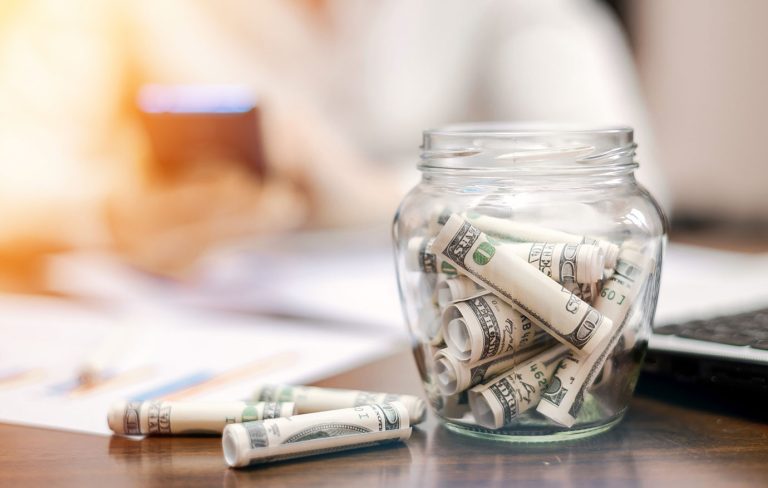Bitcoin has surged to a fresh record high, briefly breaking through the $106,000 (£83,700) mark, after President-elect Donald Trump hinted that his incoming administration may build a “strategic reserve” of the cryptocurrency, akin to the United States’ longstanding emergency oil stockpile.
Speaking to CNBC, Mr Trump suggested the US could amass a Bitcoin reserve following his inauguration in January. The remarks have fuelled optimism that his administration will take a markedly friendlier stance towards the digital asset industry, potentially cementing America’s position at the forefront of the global crypto market.
“We’re going to do something great with crypto,” the president-elect said. “We don’t want China or anyone else to get ahead of us. Yes, I think we’ll consider creating a crypto reserve.”
His comments have ignited a powerful rally in cryptocurrency markets. Bitcoin soared to $106,533 on Monday, extending its gains for the year to over 190pc and sending other leading digital tokens, including Ethereum, higher in sympathy.
Despite a previous regulatory crackdown and Mr Trump’s own past criticisms—he once branded cryptocurrency a “scam”—the US already holds the world’s largest state-owned Bitcoin trove, mostly through seized assets. It currently controls around 198,000 coins worth an estimated $20bn. Other significant government holders include China, the UK, Bhutan, and El Salvador, according to data from BitcoinTreasuries.
CoinGecko data shows governments collectively held around 2.2pc of Bitcoin’s total supply as of July. Advocates argue that any official US embrace of digital assets would accelerate a global shift towards crypto adoption, especially if the reserve strategy encourages private businesses and funds to follow suit.
Mr Vladimir Putin, the Russian president, has previously noted that Bitcoin could provide a haven for countries wary of Washington’s ability to use its dominance of the dollar as a foreign policy lever. “Who can prohibit it? No one,” Mr Putin said, emphasising Bitcoin’s decentralised structure, which relies on a global network of independent “miners” rather than central banks.
This decentralised nature, combined with a finite supply, has often prompted comparisons to gold. Federal Reserve Chairman Jerome Powell and other policymakers have acknowledged Bitcoin’s resemblance to a form of “digital gold” rather than a standard currency.
Market analysts described the latest price surge as pushing Bitcoin into “blue-sky territory”. Tony Sycamore, an analyst at IG, told Reuters: “We’re in uncharted waters. The next figure the market will be looking for is $110,000. The pull-back many were expecting simply didn’t occur, and now we have these new supportive signals from Trump.”
Investors have also been encouraged by the promotion of MicroStrategy—a US listed firm that holds substantial Bitcoin reserves—into the elite Nasdaq 100 index. This move will force tracker funds to add the company’s shares, effectively embedding crypto exposure more deeply into mainstream investment portfolios.
During his campaign, Mr Trump vowed to transform the United States into the “crypto capital of the planet”. This month he appointed David Sacks, a former PayPal executive, as the White House lead on artificial intelligence and digital assets. Mr Sacks is closely linked to Elon Musk, another adviser and prominent supporter of cryptocurrencies, who has dubbed himself the president-elect’s “first buddy”.
Mr Trump has also said he will nominate Paul Atkins, a Washington lawyer known for his pro-crypto stance, to head the Securities and Exchange Commission, the leading US financial watchdog. In so doing, Mr Trump appears determined to deliver on his promises of a more innovation-friendly regulatory environment for digital assets, setting the stage for a new era in crypto investment and potentially pushing Bitcoin even deeper into the financial mainstream.
Read more:
Bitcoin smashes $106,000 barrier as Trump hints at national crypto reserve

